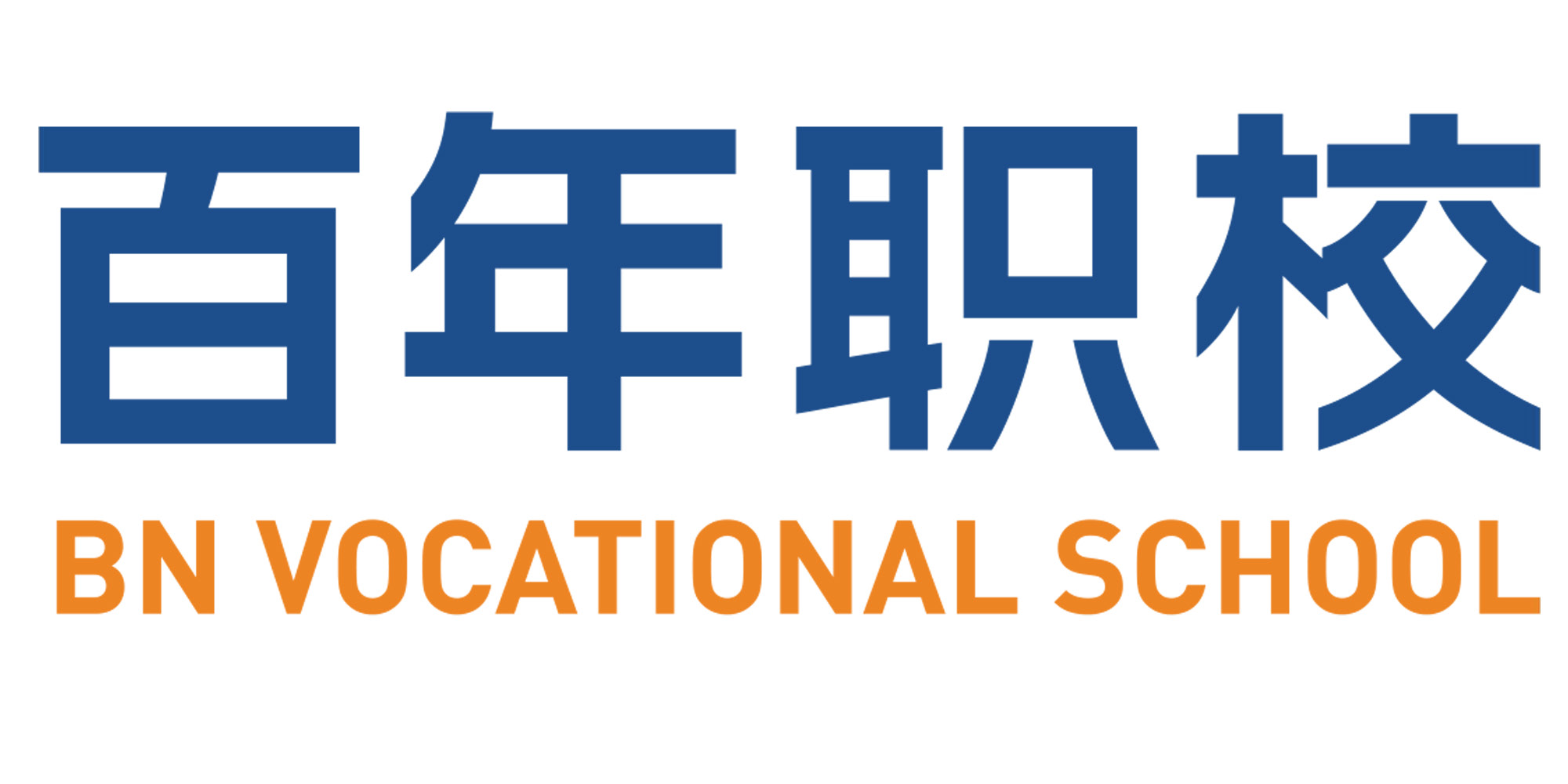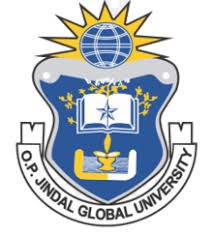United Nations Global Compact
Description
About
The United Nations Global Compact is a non-binding United Nations pact to encourage businesses worldwide to adopt sustainable and socially responsible policies, and to report on their implementation. The UN Global Compact is a principle-based framework for businesses, stating ten principles in the areas of human rights, labor, the environment and anti-corruption. Under the Global Compact, companies are brought together with UN agencies, labor groups and civil society. Cities can join the Global Compact through the Cities Programme.
The UN Global Compact is the world’s largest corporate sustainability initiative with 13000 corporate participants and other stakeholders over 170 countries with two objectives: "Mainstream the ten principles in business activities around the world" and "Catalyse actions in support of broader UN goals, such as the Millennium Development Goals (MDGs) and Sustainable Development Goals (SDGs)". Moving forward, the UN Global Compact and its signatories are deeply invested and enthusiastic about supporting work towards the SDGs.
Mission
The UN Global Compact aims to mobilize a global movement of sustainable companies and stakeholders to create the world we want. To make this happen, the UN Global Compact supports companies to:
- Do business responsibly by aligning their strategies and operations with Ten Principles on human rights, labour, environment and anti-corruption; and
- Take strategic actions to advance broader societal goals, such as the UN Sustainable Development Goals, with an emphasis on collaboration and innovation.
The Ten Principles
The UN Global Compact was initially launched with nine Principles. On 24 June 2004, during the first Global Compact Leaders Summit, Kofi Annan announced the addition of the tenth principle against corruption in accordance with the United Nations Convention Against Corruption adopted in 2003.
Human Rights
- Businesses should support and respect the protection of internationally proclaimed human rights; and
- Make sure that they are not complicit in human rights abuses.
Labour
- Businesses should uphold the freedom of association and the effective recognition of the right to collective bargaining;
- The elimination of all forms of forced and compulsory labour;
- The effective abolition of child labour; and
- The elimination of discrimination in respect of employment and occupation.
Environment
- Businesses should support a precautionary approach to environmental challenges;
- Undertake initiatives to promote greater environmental responsibility; and
- Encourage the development and diffusion of environmentally friendly technologies.
Anti-Corruption
- Businesses should work against corruption in all its forms, including extortion and bribery.
SECTOR
Peace and Development
Country
United States of America
SDG
17 - Partnerships for the Goals
Organization Type
Multilateral Organization
Similar Organizations





